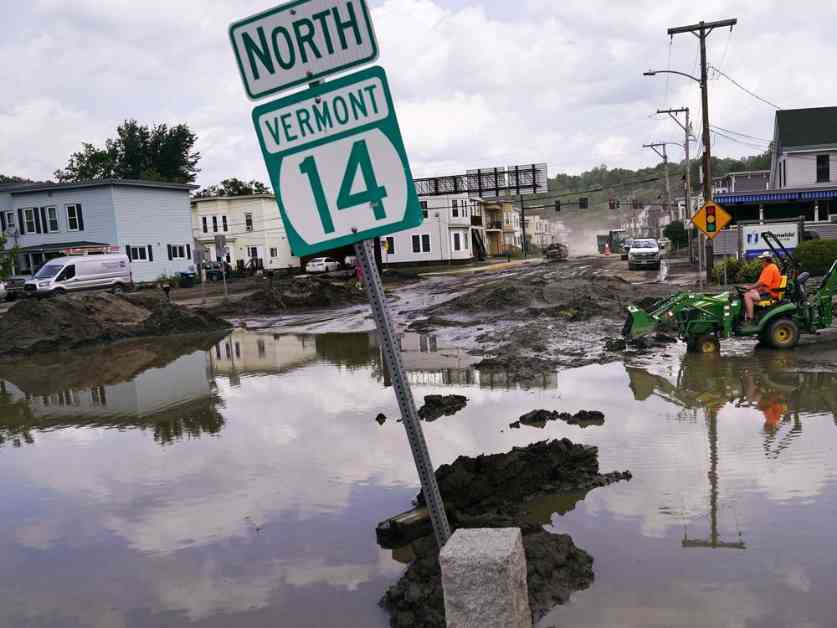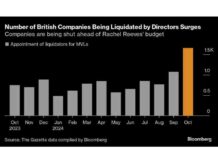US Chamber and Oil Industry Challenge Vermont Climate Change Law
In a groundbreaking move, the U.S. Chamber of Commerce and the American Petroleum Institute have launched a lawsuit against Vermont, challenging the state’s innovative law that mandates fossil fuel companies to shoulder the financial burden of climate change damages. This legal battle, filed on Monday, aims to halt the enforcement of the law that was passed in response to Vermont’s recent climate-related catastrophes.
The Legal Battle Unfolds
The lawsuit argues that Vermont’s law infringes on the U.S. Constitution and is preempted by the federal Clean Air Act. Furthermore, it claims that the law unfairly targets energy companies outside Vermont, violating both domestic and foreign commerce clauses. The plaintiffs assert that the federal government is already addressing climate change adequately and that attributing specific emissions to individual entities over decades is a complex and inaccurate process.
Tara Morrissey, senior vice president of the Chamber’s litigation center, stated, “Vermont wants to impose massive retroactive penalties going back 30 years for lawful, out-of-state conduct that was regulated by Congress under the Clean Air Act. That is unlawful and violates the structure of the U.S. Constitution.”
A State’s Push for Accountability
However, Vermont remains steadfast in its mission to hold the fossil fuel industry accountable for the environmental havoc wreaked by their products. Anthony Iarrapino, a lobbyist with the Conservation Law Foundation, condemned the lawsuit as an attempt by the industry to evade responsibility for the damages caused by their activities. He emphasized that more states are following Vermont’s lead in ensuring that the polluters pay for the costs of climate change impacts, ultimately relieving the burden on families and businesses.
Looking Ahead
Under Vermont’s law, the state treasurer will compile a comprehensive report by January 15, 2026, estimating the total cost incurred by Vermonters due to greenhouse gas emissions since 1995. The funds collected from fossil fuel companies will be channeled into critical infrastructure projects aimed at mitigating climate-related damages and enhancing community resilience. This innovative model has already piqued the interest of other states, with New York recently enacting a similar law to address climate change challenges.
As the legal battle unfolds, the outcome will not only shape Vermont’s environmental future but also set a precedent for states nationwide in their pursuit of environmental justice. Stay tuned as this landmark case continues to unfold, reshaping the landscape of climate change accountability in the United States.






















